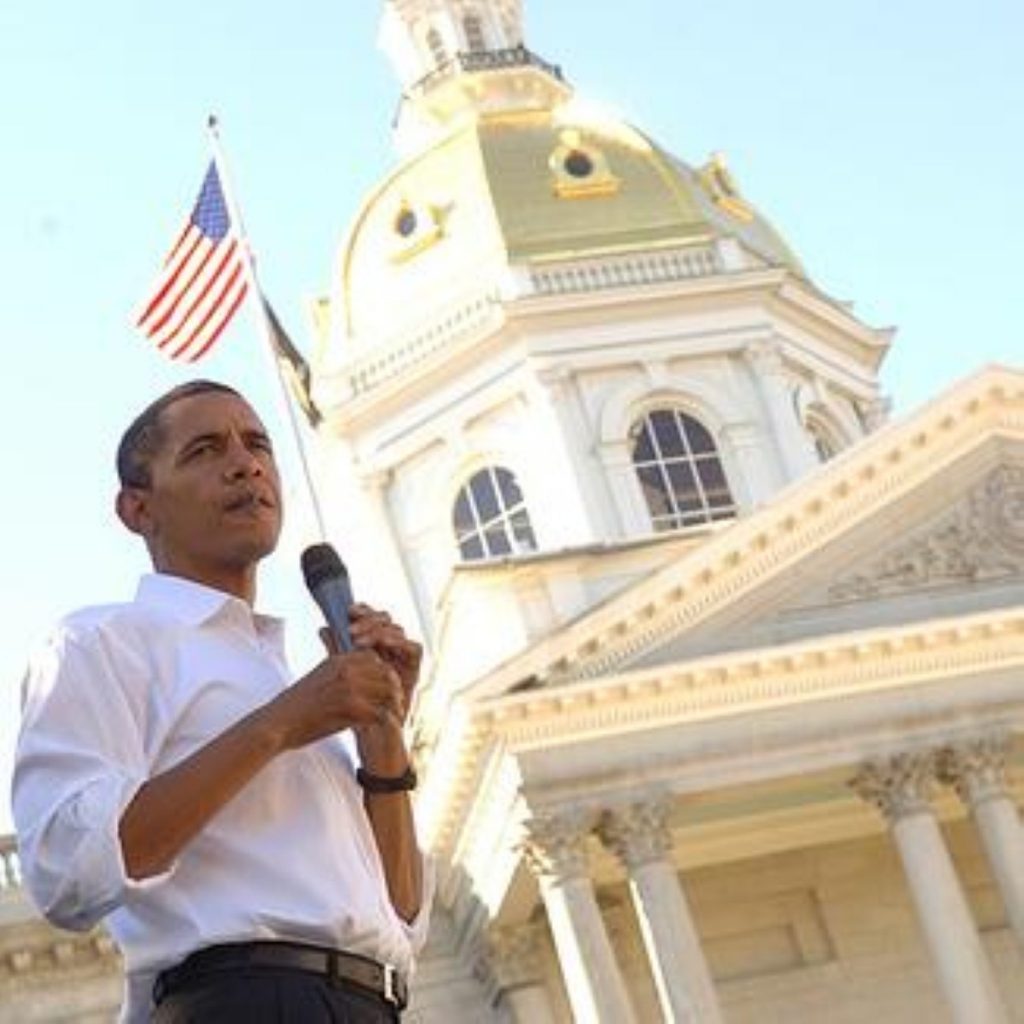Parliament takes action on minority MPs
A speaker’s conference has been convened in parliament for the first time in 30 years to get more women and ethnic minorities into parliament.
“The conference will consider and make recommendations for rectifying the disparity between the representation of women, ethnic minorities and disabled people in the House of Commons and their representation in the UK population at large,” a statement read.
Political observers said the conference was a further sign parliamentarians had been galvanised into action by the election of Barack Obama in the United States.
Meetings, thinktank reports and private conversations across Westminster have been dominated by the subject of a British Obama since the vote last week.


Research by the Fabian Society recently found parliament would probably be accepting an unprecedented amount of ethnic minority MPs after the next general election.
“The chances for a British Obama are now much more hopeful than they would have been even ten years ago,” said Fabian general secretary Sunder Katwala.
But a politics.co.uk poll published earlier this week showed Britons are torn as to whether a black man could become prime minister.
Sixty-one per cent of respondents said the UK would elect a black prime minister, and 39 per cent disagreed.
Recent research by the Hansard Society found that only 18 per cent of the public believe that parliament broadly reflects the make-up of British society, accurately reflecting the under-representation of women and ethnic minority groups at Westminster.
Fiona Booth, chief executive of the Society, said: “We welcome the speaker’s conference announced today and urge parliamentarians to seize this opportunity to rise to the challenge of ensuring that Westminster more accurately reflects those it represents.”
The conference will be chaired by the speaker, who will then appoint 17 other members. It has until the end of the parliament to conduct its inquiry.
Speaker’s conferences are established irregularly to help the government deal with issues relating to the franchise and electoral law.
Like a select committee, they meet over a period of weeks or months and produce a series of recommendations for amendment of the law, or of policy.
There were only five conferences in the last century, the most recent taking place in 1977/78.











